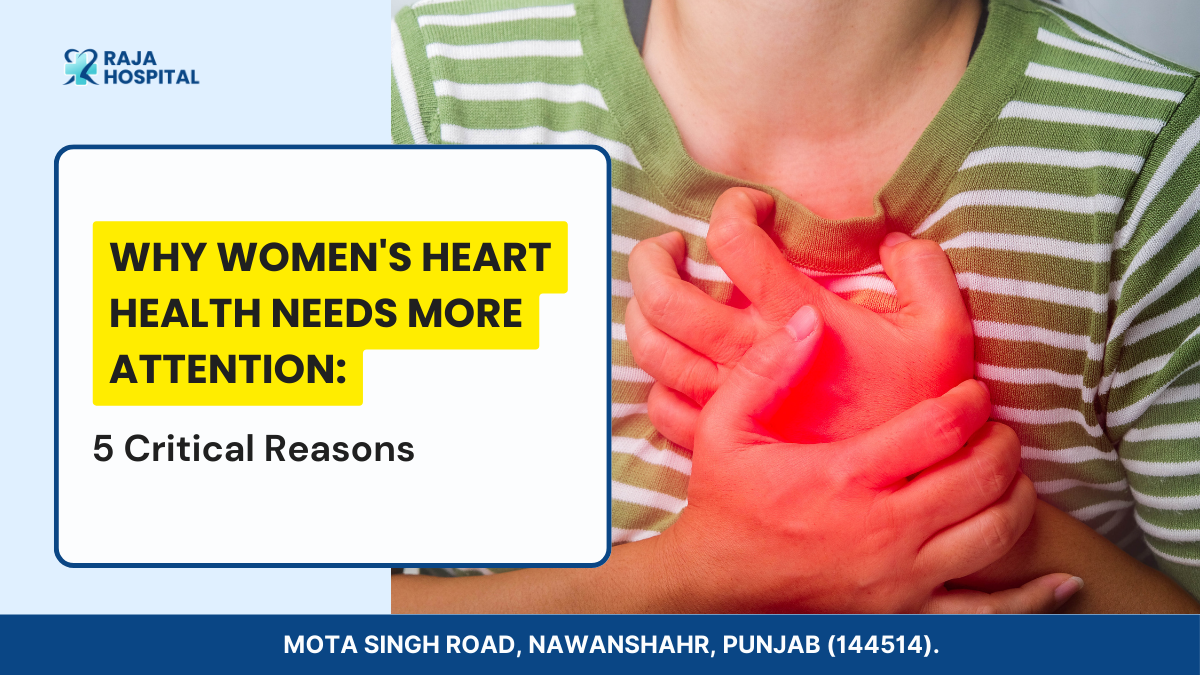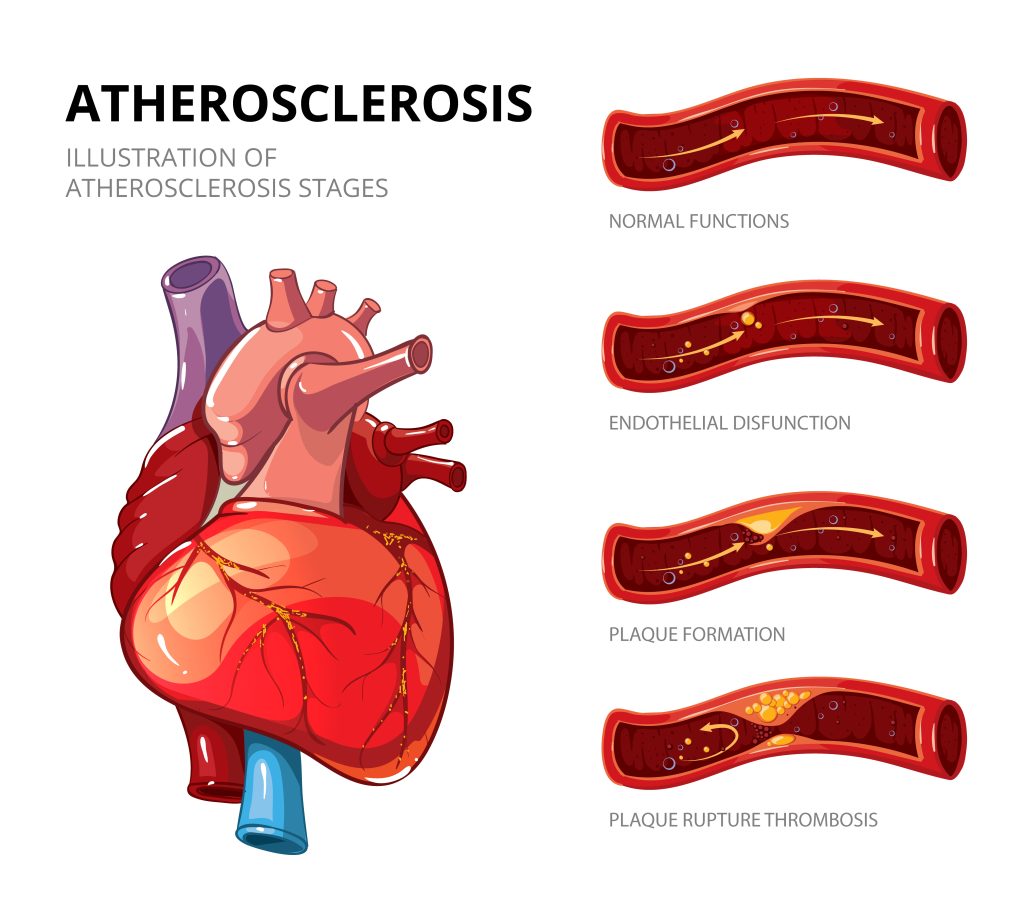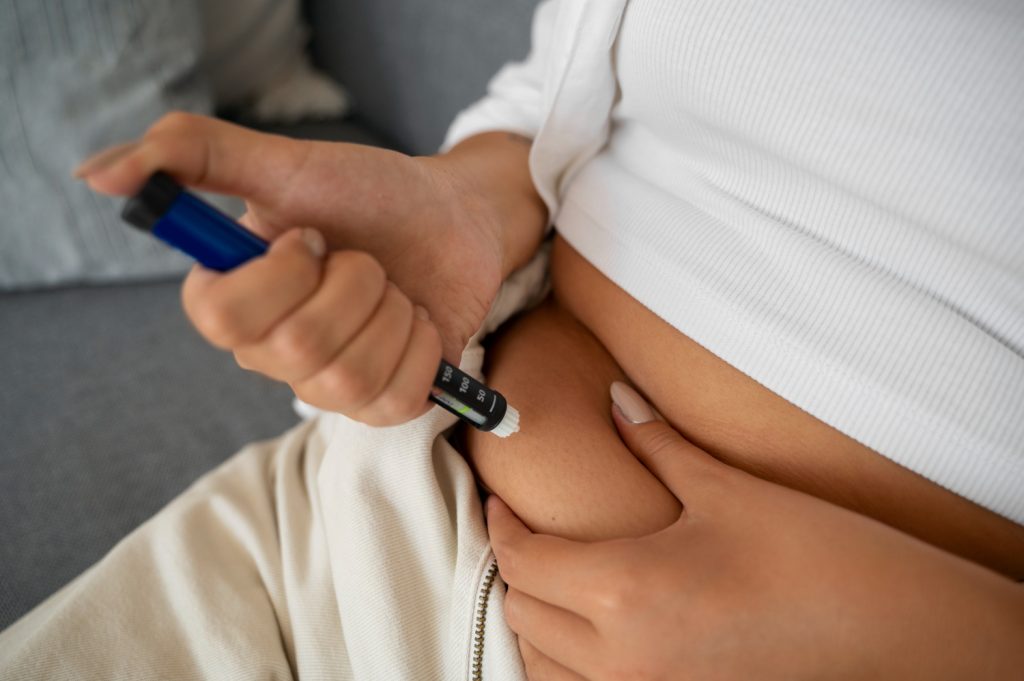Why Women’s Heart Health Needs More Attention: 5 Critical Reasons

REVIEWED BY DR. RAGHAV VISHESH LUMB (MD MEDICINE, DM CARDIOLOGY ) on 25th April 2024.
Hello, beautiful readers! Today, we are going to talk in detail about a very important but most of the time underrated topic: the heart health of women. Among the leading death causes to women all over the world, heart disease still seems to hide under common misbeliefs and in some cases under its clinical symptoms. But I’m not afraid! We’ll break this down to help you know why it is so important that women everywhere take the idea of being in charge of their health with all the gravity it deserves. So, buckle up and let’s dive deep into the heart of the matter!
Why Women’s Heart Health is a Unique Concern

Heart health is not one-size-fits-all, and in women, the story takes on added layers that can’t be ignored.
Biological differences in heart disease between men and women
- Men and women differ in many ways, including their hearts
- A woman’s heart is typically smaller than a man’s
- Symptoms of heart diseases in women can be subtler, leading to misdiagnosis or late diagnosis
- The size and the beat of the heart are crucial aspects of these differences
The underrepresentation of women in heart disease studies
- Comparing the challenge of understanding women’s heart health to completing a puzzle with half the pieces missing.
- Historical bias in research and studies towards men leads to significant gaps in knowledge about heart disease in women.
- The impact of this gap on prevention and treatment strategies highlights the necessity for more inclusive research.
Common Heart Diseases in Women
Let’s spotlight some heart villains more likely to target women:

Coronary microvascular disease (CMD): This stealthy condition—affecting the heart’s smallest arteries—plagues women far more often than men. In contrast to its much more famous cousin, coronary artery disease, CMD doesn’t block major arteries. But it still greatly imperils the hearts of women.
Broken Heart Syndrome: Ursodeoxycholic acid also known as stress-induced cardiomyopathy, is a condition quite similar to a heart attack and is initiated by an impact of high emotional stress. More women than men are diagnosed with this dramatic response to stress.
Risk Factors You Can’t Ignore
The battlefield of heart health is laden with both visible and hidden mines.
- Blood Pressure: A critical risk factor for heart health, affecting both men and women.
- Cholesterol: High levels pose serious risks to heart health.
- Obesity: Significantly contributes to heart health issues.
- Gender Differences: The effects of these risk factors are more detrimental to women, indicating a need for increased control and monitoring.
Unique risk factors for women

With gestational diabetes and preeclampsia, the plot thickens—and it gets thicker with issues like menopause that throw the risk landscape in the air for women. The ups and downs of hormones throughout a woman’s life are critical to that risk, which is absolutely why personalized, gender-tailored healthcare is paramount.
The impact of lifestyle
The choices we make in our very life, what we eat, how much we move—reign over heart health like long shadows.
- Dietary Habits: What we choose to eat plays a crucial role.
- Physical Activity: The amount of movement and exercise we engage in is pivotal.
- Allies or Foes: These lifestyle factors can either support our heart health or detrimentally affect it.
- Preventing Heart Disease: Making positive lifestyle choices is key to avoiding heart-related issues.
Symptoms that Shouldn’t be Overlooked
The signs of heart trouble can be as subtle as a whisper, making it easy to overlook them.
- Beyond chest pain: Think fatigue that doesn’t go away even with rest
- Difficulty breathing with exertion on activities that used to be easy
- Discomfort is described as an elephant sitting on the chest or a squeezing sensation that just doesn’t feel right.
When to get help:
Let the body tell. When anything feels off, then it’s time for keen attention and inquiry of a health professional. That is, in anything to do with your heart, it’s always better to be safe than sorry.
Prevention and Management

Taking charge of your heart health is empowering! Here are some tips to keep your heart beating strong and resilient:
Stay active: Incorporate movement into your daily routine. Dance, walk, cycle—choose what brings you joy.
Eat to your heart’s content: A heart-healthy diet of fruits, vegetables, and fat-free and low-fat dairy products; whole grains; and lean protein is like penning love letters to your heart.
Stress less: Find your Zen in whatever way works for you: meditation, yoga, or just doing things you enjoy.
Empowering Women to Take Charge of Their Heart Health
Women from around the world who are meeting their struggle with heart health and winning against it, and those whom they are an inspiration to. Their journeys are reminders of will and courage in each of us in overcoming, surmounting, or otherwise rising above where at all possible the obstacles life places in our paths to improved health. Also, women cannot afford not to take care of themselves, especially those taking care of families and working. They need to take a stand for themselves to be better for all the stuff so that things run smoother
FAQ
Conclusion
Ladies, it’s time you take your heart health issues seriously. All of us can be part of the change for better narratives about women’s heart health problems through education, advocacy for far-reaching research, and implementing the choices that we make in our daily lives.
Always remember that it is never too late or too early to start caring for your heart. And for those patients who would like specialized cardiac care, Raja Hospital avails a wide range of services with an entire center of medical excellence designed to support women’s heart health with expertise and care.
